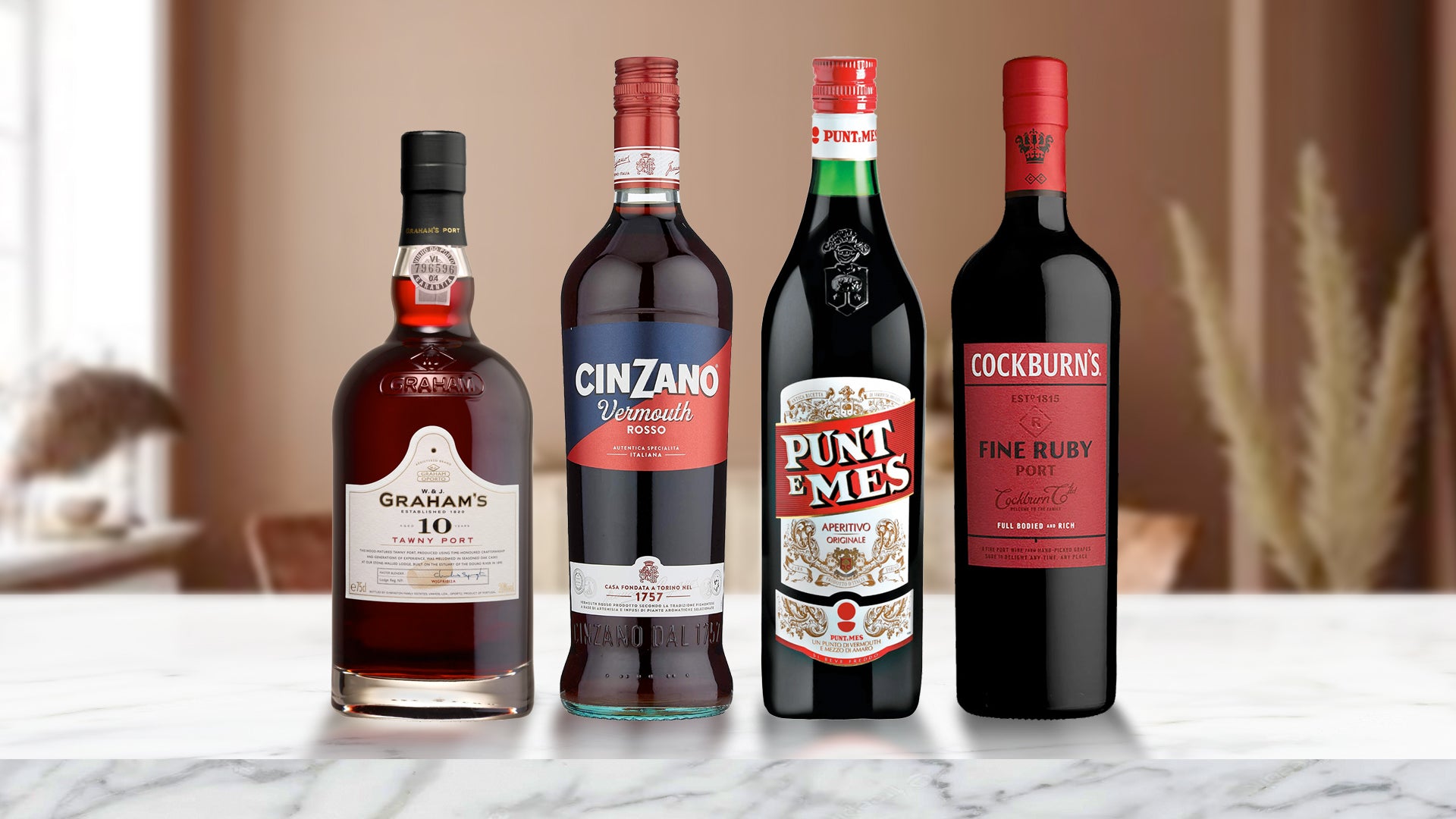A Symphony in Every Sip Mastering the Craft of Wine Tasting
Wine tasting is not merely an activity; it’s an immersive journey into the world of flavors, aromas, and the rich tapestry of winemaking. This guide invites you to explore the art of wine tasting, from the vineyards to the glass, and discover the nuances that make each sip a symphony of elegance.
The Basics of Wine Tasting
Wine tasting is a sensory exploration that engages the eyes, nose, and palate. Before delving into the complexities, it’s essential to understand the basic elements that contribute to the overall experience:
Sight: The Visual Prelude
The appearance of a wine provides valuable insights into its character. Hold the glass against a white background and observe the color, clarity, and viscosity. Reds, whites, and rosés each have distinct visual cues that hint at their composition and aging.
Aroma: The Olfactory Symphony
Swirling the wine in the glass releases its aromas. Stick your nose into the glass and inhale gently, taking note of the various scents. The bouquet can include fruity, floral, earthy, or spicy notes, providing a preview of the flavors to come.
Taste: Palate Poetry
Savoring the wine involves a mindful exploration of its taste profile. Consider the sweetness, acidity, tannins (for red wines), and the overall balance. Different grape varietals and winemaking techniques contribute to a vast array of taste experiences.
Varietals and Regions: Exploring the Diversity
Red Wines
Cabernet Sauvignon
Known for its boldness, Cabernet Sauvignon often exhibits flavors of blackcurrant, plum, and hints of green bell pepper. It pairs well with hearty dishes and aged cheeses.
Pinot Noir
A lighter red, Pinot Noir offers flavors of cherry, strawberry, and sometimes earthy notes. It complements dishes like roasted chicken and salmon.
White Wines
Chardonnay
Chardonnay wines can range from buttery and oaked to crisp and unoaked. Flavors include apple, citrus, and tropical fruits. It pairs well with creamy pasta dishes and seafood.
Sauvignon Blanc
Sauvignon Blanc is known for its zesty acidity and bright citrus flavors. It pairs excellently with salads, seafood, and goat cheese.
The Tasting Experience: A Journey of the Senses
Wine Tasting Etiquette
- Hold the Glass Properly: Hold the glass by the stem to prevent the heat from your hand affecting the temperature of the wine.
- Swirl with Care: Gently swirl the wine in the glass to release its aromas without splashing.
- Take Your Time: Allow the wine to breathe and develop in the glass before diving into the tasting.
Tasting Room Atmosphere
Visiting a winery’s tasting room is an immersive experience. The ambiance, the knowledgeable staff, and the scenic vineyard views contribute to the overall enjoyment. Many wineries offer tours, allowing visitors to witness the winemaking process firsthand.
Food Pairings: Elevating the Experience
Reds with Reds, Whites with Whites?
While the traditional rule suggests pairing red wines with red meats and white wines with white meats, the world of wine and food pairing has evolved. Consider the intensity and flavors of both the wine and the dish for a harmonious match.
Tasting Parties and Events
Wine tasting isn’t confined to vineyards. Tasting parties and events offer opportunities to explore diverse varietals and styles. Local wine bars and festivals often host these gatherings, providing a social and educational platform for enthusiasts.
Developing Your Palate: A Continuous Journey
Keep a Tasting Journal
Documenting your wine tasting experiences in a journal allows you to track preferences, note memorable bottles, and gradually refine your palate. Include details like the winery, vintage, varietal, and any unique characteristics.
Attend Tasting Classes and Workshops
Many wine regions offer tasting classes and workshops for both beginners and connoisseurs. These sessions provide insights into the complexities of winemaking, helping participants deepen their appreciation for the craft.
The Culture of Wine: Beyond the Tasting Glass
Wine and Art
Wineries often celebrate the synergy between wine and art. Some feature art installations, host gallery events, or even incorporate artistic labels on their bottles, creating a holistic aesthetic experience.
Sustainable and Organic Practices
An increasing number of wineries are adopting sustainable and organic practices. From eco-friendly vineyard management to minimal intervention winemaking, these efforts align with a growing environmental consciousness in the wine industry.
Conclusion: Savoring Every Note
Wine tasting is a journey of discovery, an exploration of the senses, and a celebration of craftsmanship. Whether you’re a novice or a seasoned enthusiast, each glass holds the potential for a new revelation. So, embrace the art of wine tasting, savor every note, and let the symphony of flavors enrich your palate and your appreciation for the vineyard’s timeless craft.

